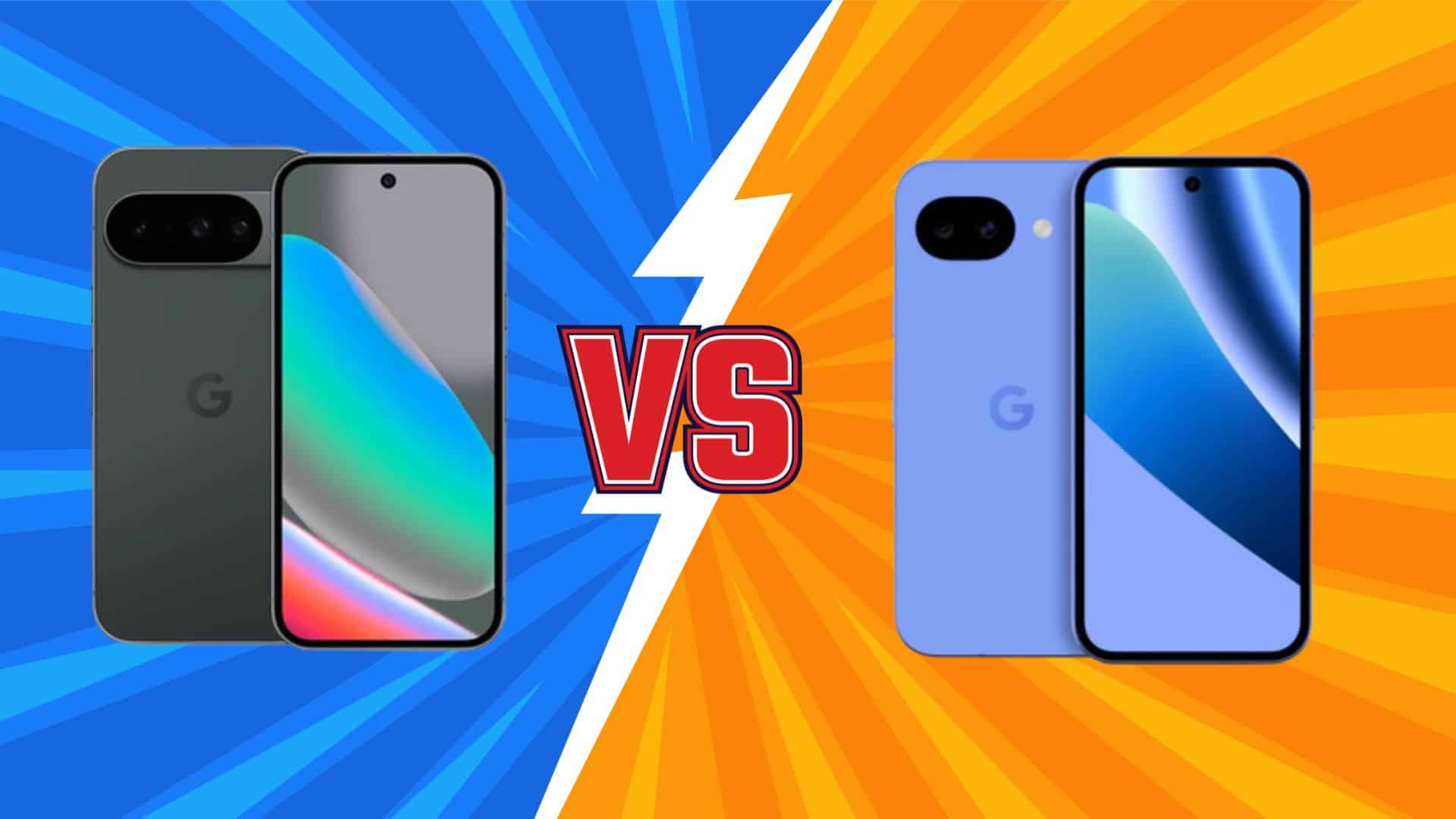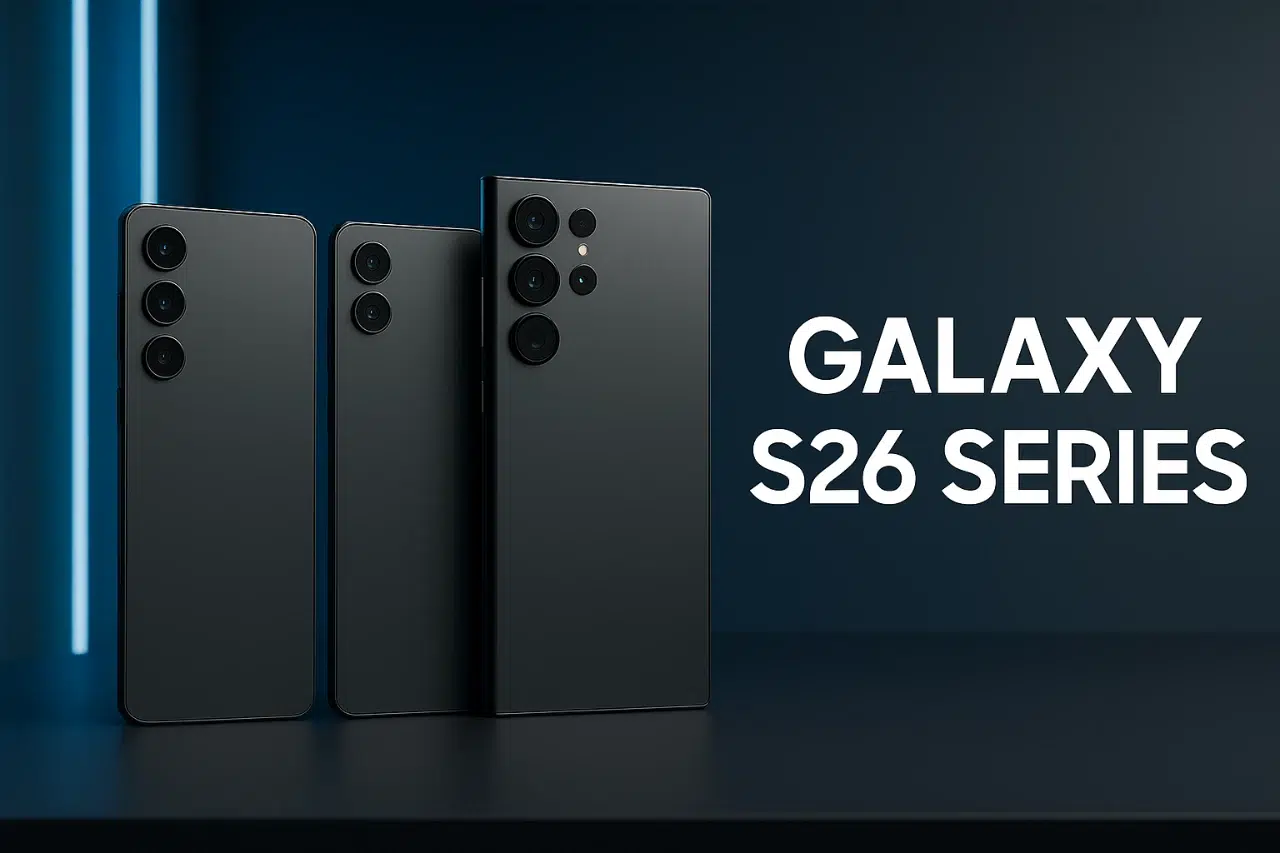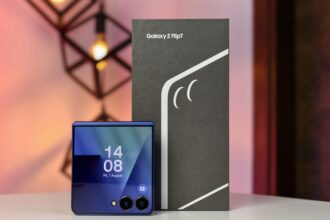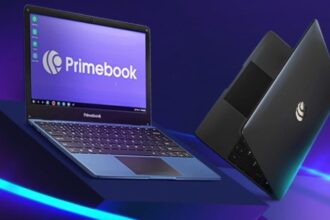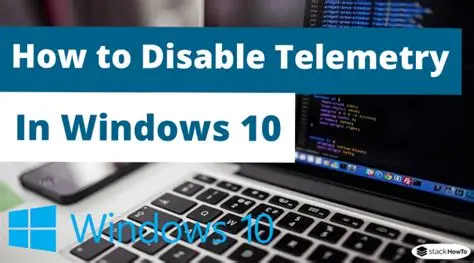In today’s digital age, your online privacy and security are more vulnerable than ever. Whether you’re browsing at a local café, traveling abroad, or simply accessing the internet from home, your personal information is susceptible to prying eyes. This is where a Virtual Private Network (VPN) comes into play.
What is a VPN?
A VPN, or Virtual Private Network, is a service that encrypts your internet connection and redirects it through a server in another location. This process masks your IP address, making your online actions virtually untraceable. More importantly, it secures your data from cyber threats, such as hackers and surveillance.
The Essentials of VPNs: What You Need to Know
- Enhanced Privacy and Security The primary function of a VPN is to provide privacy and security to its users by creating a secure and encrypted connection over a less secure network, like the internet. The encryption prevents eavesdroppers from watching your online activities and stealing sensitive data, such as passwords and banking information.
- Access Restricted Content VPNs enable you to bypass geographical restrictions and censorship by masking your real IP address. This allows you to access content and websites that might be restricted in your country or region.
- Safe Public Wi-Fi Use Connecting to public Wi-Fi can expose your personal information to cybercriminals. A VPN secures your internet connection by encrypting the data you send and receive while using public networks.
- Remote Access VPNs are invaluable for business travelers and remote workers, allowing them to securely access their company’s internal network from anywhere in the world without exposure to potential security threats.
How Does a VPN Work?
When you activate a VPN, it establishes a secure “tunnel” between your device and the internet. All your internet traffic is routed through this tunnel, making it difficult for anyone to track your activities or steal your data. The encryption used in this process is robust, providing protection even on compromised networks.
Choosing the Right VPN
The effectiveness of a VPN largely depends on the provider. When selecting a VPN, look for one that is transparent about its privacy policies, undergoes regular independent audits, and does not store personal data.
Potential VPN Concerns
While VPNs offer numerous benefits, they are not without their issues. Users might experience slower internet speeds due to the encryption process, and some poorly configured VPNs can have vulnerabilities that may expose user data. Always ensure that your VPN provider uses up-to-date encryption standards and regularly audits their services for security.
In an era where internet security threats are increasingly common, a VPN provides a vital layer of security and privacy. Whether you are concerned about cyber threats or need to access restricted content, a VPN can be an effective solution. Choose a reputable provider to ensure that you receive the best protection possible.






















